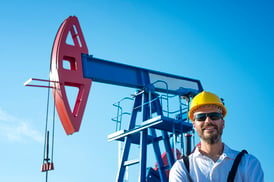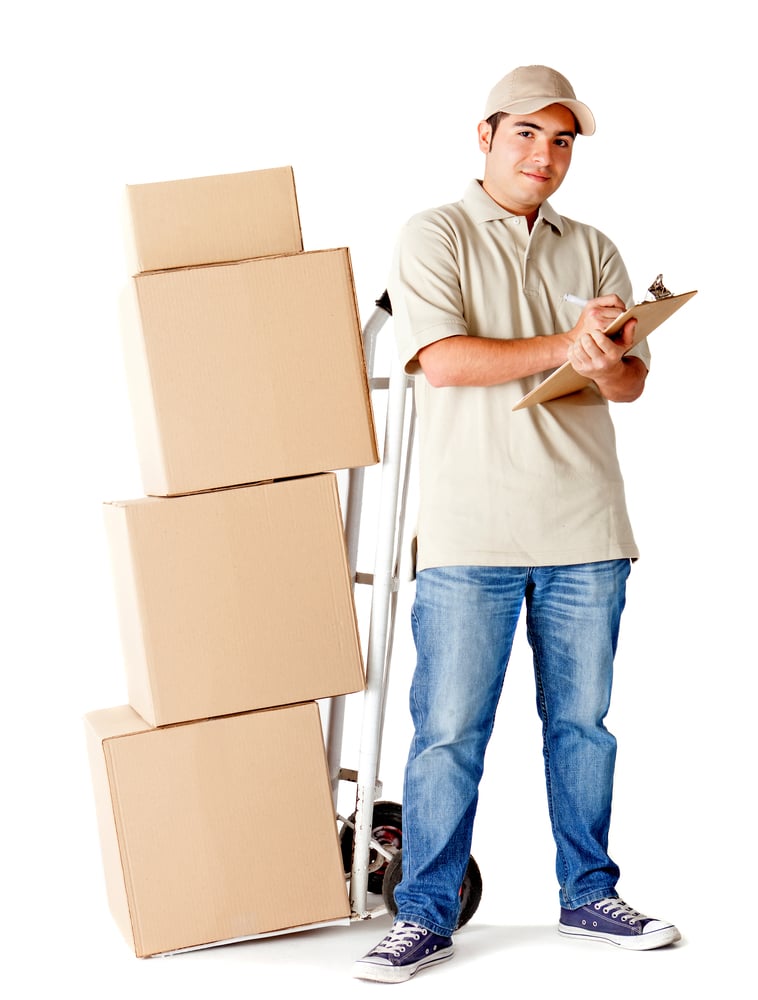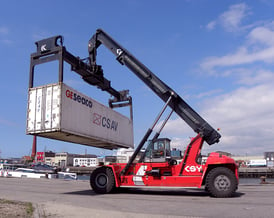
Your oilfield machinery is a primary driver behind the success of your business. You haven’t considered how much your assets are worth in quite some time, however, you now need to update your insurance coverage, obtain refinancing, buy or sell some equipment or even purchase a new company to keep up with growth requirements. Understanding the current market value of your oil and gas equipment is critical for all these possibilities. Obtaining an independent valuation from an experienced accredited appraiser is equally important to you and the other parties involved in the transaction.
Factors Considered in a Fair Market Value of Oil and Gas Equipment
- Physical Deterioration: An appraiser will review the equipment, taking note of its physical condition. The old adage about never judging a book by its cover applies well to machinery appraisals for oilfield equipment. Even if an oil rig looks old and shows visible wear and tear, it is not necessarily an indication of low value. Appraisers will review the history of the equipment with you before making a value determination. Machinery that has been well maintained, with components replaced as needed, regardless of age, will likely still have significant value.
- Replacement Cost: An appraiser will estimate how much it would cost to purchase, for example, an equivalent rig, mud pump, or service truck new, and then deduct from this cost-based typical levels of market depreciation over time.
- Useful life: The appraiser may estimate the useful life of the machinery by reviewing the age, physical condition, and depreciation of equipment. Effective age is typically weighed more than chronological age if the equipment has been well maintained over its life.
- Market Data: The marketplace is where all relevant information is found during the appraisal process. We will look at recent sales and listings while gathering opinions of value from third parties who buy and sell new and used equipment every day.
Appraisers will factor all of these variables into the analysis and subjectively estimate value based on their opinion of the reliability of the data. The appraisal report will summarize this process, explain the criteria under which fair market value was determined, and provide the sources relied upon to support these conclusions.
If you are considering any business plans in the immediate or longer-term future where the value of your oilfield assets is a factor in the decision making, it is well worth the time and expense to engage an independent appraisal company to complete the task. It is important to hire an appraiser who is unbiased and experienced in the valuation of these types of assets. When your business is on the line, never settle for an appraiser who doesn’t have the right credentials or may have an interest beyond appraising your machinery. Equipment Appraisal Services is the perfect place to begin your search.





